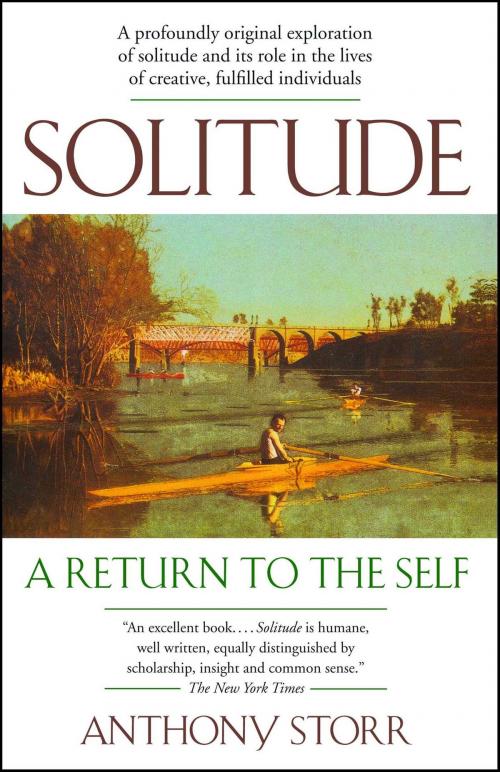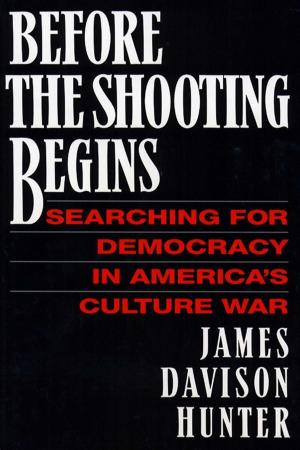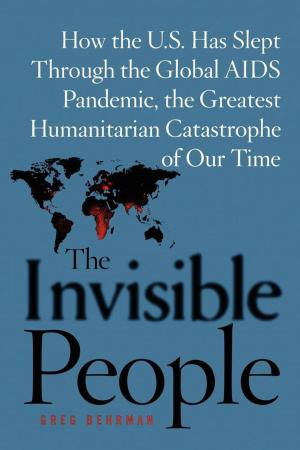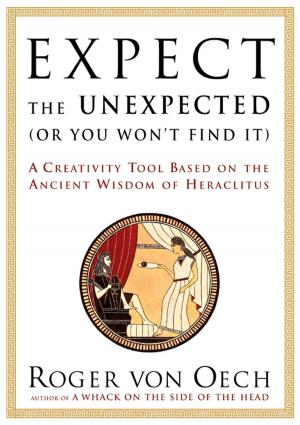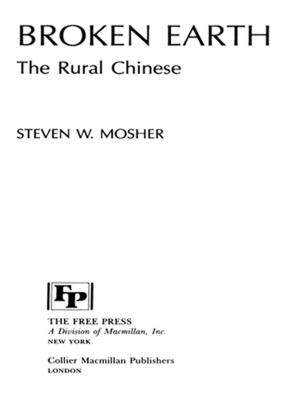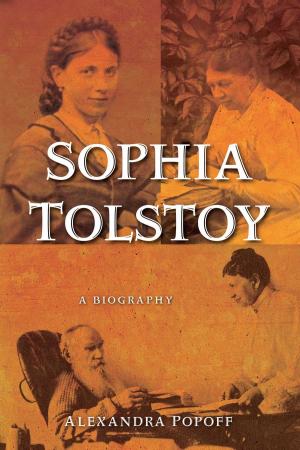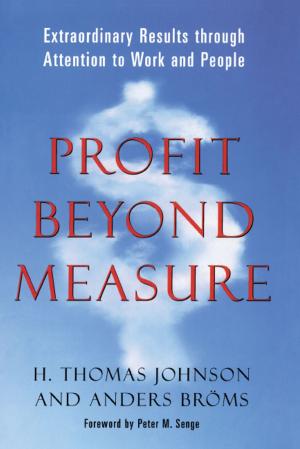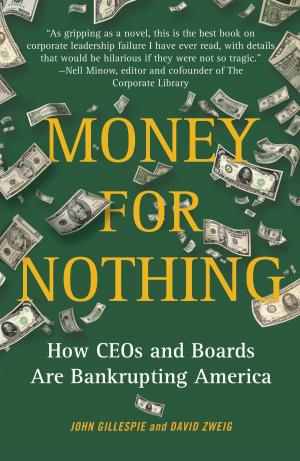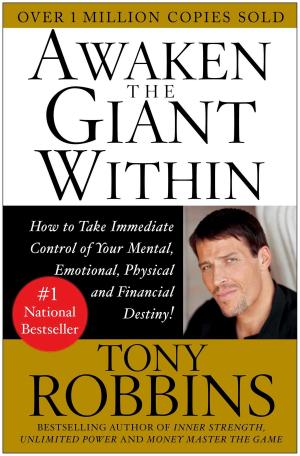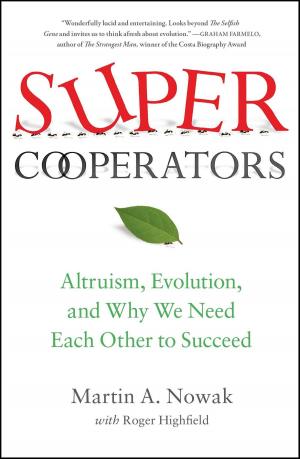Solitude a Return to the Self
Nonfiction, Health & Well Being, Self Help, Self Improvement, Creativity, Mental Health, Happiness, Motivational| Author: | Anthony Storr | ISBN: | 9781439135150 |
| Publisher: | Free Press | Publication: | May 19, 2015 |
| Imprint: | Free Press | Language: | English |
| Author: | Anthony Storr |
| ISBN: | 9781439135150 |
| Publisher: | Free Press |
| Publication: | May 19, 2015 |
| Imprint: | Free Press |
| Language: | English |
Originally published in 1988, Anthony Storr's bestselling meditation on the creative individual's need for solitude has become a classic.
A pre-eminent work in self-help and popular psychology literature, Solitude was seminal in challenging the psychological paradigm that “interpersonal relationships of an intimate kind are the chief, if not the only, source of human happiness.” Indeed, most self-help literature still places relationships at the center of human existence. Lucid and lyrical, Storr's book argues that solitude ranks alongside relationships in its impact on an individual’s well-being and productivity, as well as on society's progress and health. Citing numerous examples of brilliant scholars and artists—from Beethoven and Kant to Anne Sexton and Beatrix Potter—he argues that solitary activity is essential not only for geniuses, but often for the average person as well. For nearly three decades, readers have found inspiration and renewal in Storr's erudite, compassionate vision of the human experience—and the benefits and joy of solitude.
Originally published in 1988, Anthony Storr's bestselling meditation on the creative individual's need for solitude has become a classic.
A pre-eminent work in self-help and popular psychology literature, Solitude was seminal in challenging the psychological paradigm that “interpersonal relationships of an intimate kind are the chief, if not the only, source of human happiness.” Indeed, most self-help literature still places relationships at the center of human existence. Lucid and lyrical, Storr's book argues that solitude ranks alongside relationships in its impact on an individual’s well-being and productivity, as well as on society's progress and health. Citing numerous examples of brilliant scholars and artists—from Beethoven and Kant to Anne Sexton and Beatrix Potter—he argues that solitary activity is essential not only for geniuses, but often for the average person as well. For nearly three decades, readers have found inspiration and renewal in Storr's erudite, compassionate vision of the human experience—and the benefits and joy of solitude.
